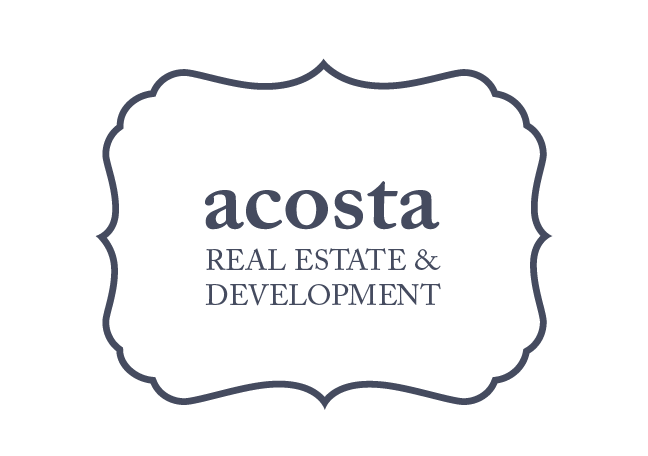A colleague once called me a big small developer – as in I do really big projects for a small developer – I was taken aback immediately. …Like yeah I’m really not a big developer. You see, I strongly identify as a small scale developer. An entrepreneur. I’m scrappy. I have an underdog mentality. I know nothing will be handed to me without a ton of hard work. And I fight like hell for projects I believe can make an impact in the community that raised me and that my husband and I are raising our children in.
I take on projects that are bigger – really just more complicated to make work – then where a small developer optimally operates. You know the vacant historic buildings that need $6 million in gap financing real quick before the wrecking ball shows up. The ones that need someone to fight for their potential value and be crazy enough to find a way to make it work. Since they are so long, slow, and complicated, my lovely historic headaches, it became apparent that a career of only adaptive reuse would burn me out quickly.
And in the pursuit of balance I also develop missing middle housing on neighborhood infill sites and consult with property owners on how to activate their uppers and renovate their buildings for a return. Two years ago while discussing the potential of eleven thirteen center I told R John Anderson, “Oh well new construction and a large site it should be fairly simple and easy.” He looked at me and said, “Ms. Acosta simple and easy are two different things. I had a simple plan to meet a woman, marry her, and live happily. You are sitting next to my third wife. Simple and easy are not the same.” Of course his wife Eleanor gave me the look of “Yep this is true” and surely my path forward with missing middle housing even though they are simple buildings has been anything but easy and presents a variety of different challenges compared to adaptive reuse.
There’s nothing in particular that makes me a unicorn in doing this; I’m simply a homecomer who wants to make a positive impact in my community and loves how the built environment can positively reflect a town. As a small-scale developer or a Big Small one, it’s really all about wanting to improve my community. It’s worth the brain damage and fighting like hell to make it a better place; slightly stronger and more resilient one property at a time.
-jen

